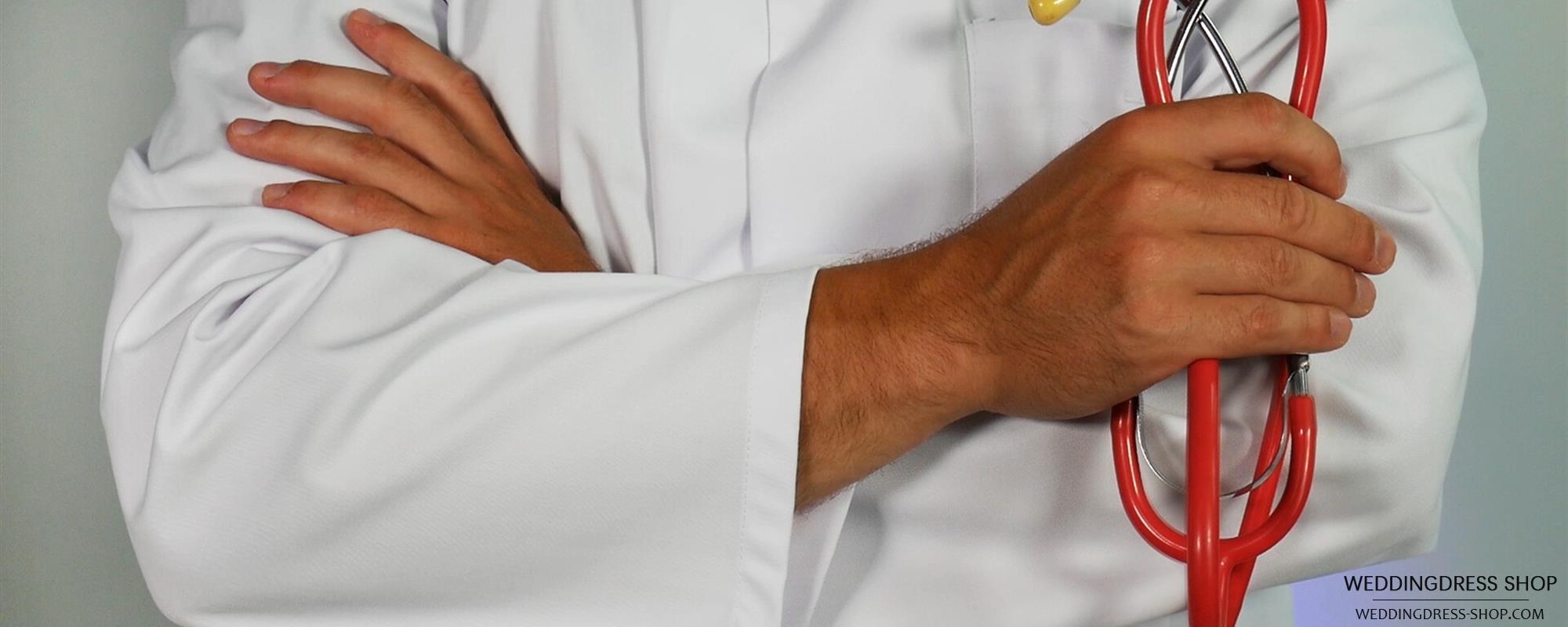Ask about medical and personal life history; A physical examination; Routine auxiliary examination: blood routine examination, urine routine examination, chest X-ray examination, blood transaminase and hepatitis B surface antigen examination, syphilis screening, mold examination, female gynecological examination and vaginal secretion trichomonas; Other special examinations: Hepatitis B serological marker test, gonorrhea, AIDS examination, mycoplasma and chlamydia examination, ultrasound imaging, breast examination, etc.

What items do women check before marriage
1. Ask about medical history and personal life history
Know your past medical history, family medical history, menstrual history of women, and reproductive history of remarried people.
2. Physical examination
Including height, weight, blood pressure, facial features, chest, secondary sexual characteristics, genitals and other examinations.
3. Routine auxiliary inspection:
① Blood routine examination: understand blood-related diseases, such as anemia, thalassemia, etc.
② Urine routine examination: check diabetes, blood diseases, liver and bile diseases.
③ Chest X-ray: check for pulmonary tuberculosis, bronchitis and other lung diseases.
④ Blood transaminase and hepatitis B surface antigen test: understand liver function and check hepatitis B and other liver diseases.
⑤ Syphilis screening: check for syphilis venereal diseases.
⑥ Mold examination: check for female vaginal diseases.
⑦ Female gynecological examination and vaginal secretion trichomonas: check the condition of female uterus and ovary and the examination of vaginal diseases.
4. Other special inspections
Hepatitis B serological marker test: check the hepatitis B virus.
② Gonorrhea: Check for gonorrhea virus.
③ AIDS test: Check for HIV.
④ Mycoplasma and chlamydia examination: check whether there is gynecological inflammation.
⑤ Ultrasound imaging: B ultrasonography and other related ultrasound examination.
⑥ Breast examination: Routine examination to check the breast for abnormalities.
7 Chromosome examination: check whether the body has genetic diseases.